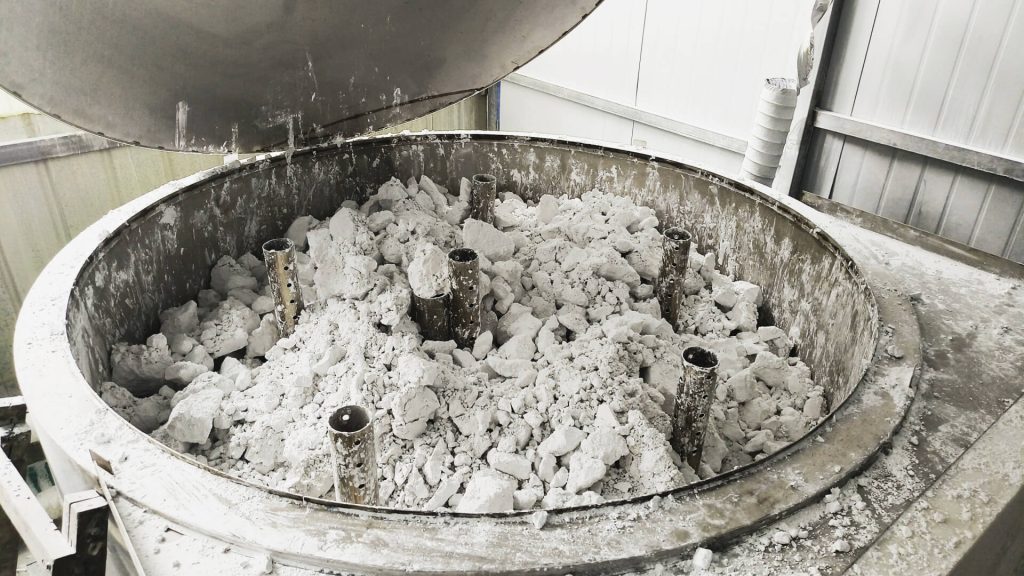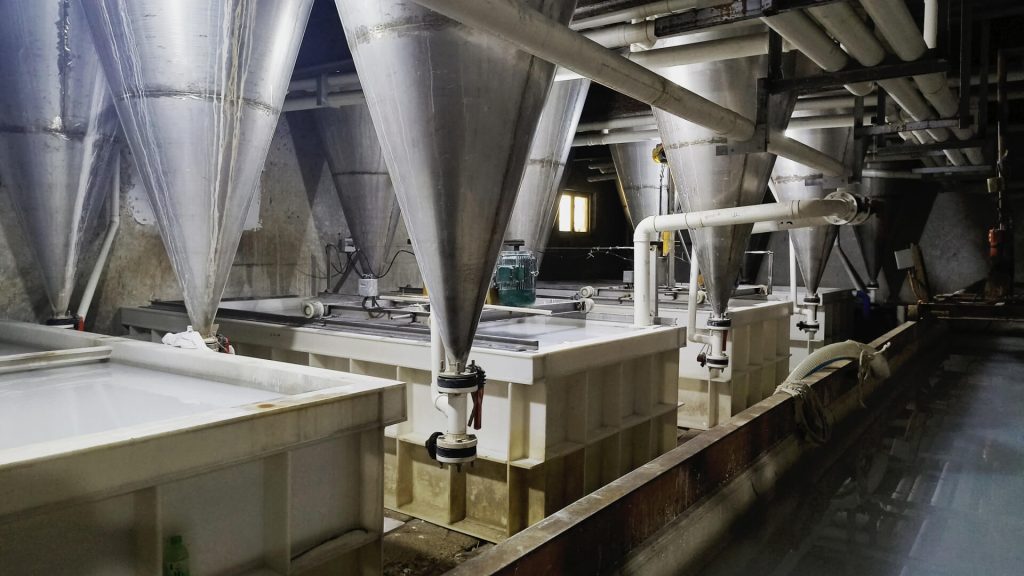Why do scratches occur when polishing stainless steel with 600 mesh white corundum powder?
When polishing stainless steel or other metal workpieces with 600 mesh white corundum (WFA) powder, scratches may occur due to the following key factors:
 1. Uneven particle size distribution and large particle impurities
The typical particle size range of 600 mesh white corundum powder is about 24-27 microns. If there are too large particles in the powder (such as 40 microns or even 100 microns), it will cause severe surface scratches.
Common reasons include:
Improper grading resulting in mixed mesh sizes;
Improper crushing or screening during production;
Impurities such as stones, anti-caking agents or other foreign materials mixed during packaging or handling.
2. Skipping the pre-polishing step
The polishing process should follow a gradual progression from coarse abrasives to fine abrasives.
Directly using 600# WFA without sufficient pre-polishing may not remove the deeper scratches left in the early stage, and in some cases, it may even aggravate surface defects.
1. Uneven particle size distribution and large particle impurities
The typical particle size range of 600 mesh white corundum powder is about 24-27 microns. If there are too large particles in the powder (such as 40 microns or even 100 microns), it will cause severe surface scratches.
Common reasons include:
Improper grading resulting in mixed mesh sizes;
Improper crushing or screening during production;
Impurities such as stones, anti-caking agents or other foreign materials mixed during packaging or handling.
2. Skipping the pre-polishing step
The polishing process should follow a gradual progression from coarse abrasives to fine abrasives.
Directly using 600# WFA without sufficient pre-polishing may not remove the deeper scratches left in the early stage, and in some cases, it may even aggravate surface defects.
 3. Improper polishing parameters
Excessive pressure or rotation speed increases the friction between the abrasive and the surface;
This can cause local overheating, soften the stainless steel surface, and cause thermal scratches or deformation.
4. Inadequate surface cleaning before polishing
If the surface is not thoroughly cleaned beforehand, residual particles such as metal chips, dust, or hard contaminants may be embedded in the polishing process, causing secondary scratches.
5. Incompatible abrasive and workpiece materials
White corundum has a Mohs hardness of 9, while 304 stainless steel has a Mohs hardness of 5.5 to 6.5;
Sharp or irregularly shaped WFA particles may exert excessive cutting forces, causing scratches;
Improper shape or morphology of abrasive particles can make this problem worse.
6. Low powder purity or poor quality
If 600# WFA powder is made from low-grade raw materials or lacks proper air/water flow classification, it may contain high impurities.
3. Improper polishing parameters
Excessive pressure or rotation speed increases the friction between the abrasive and the surface;
This can cause local overheating, soften the stainless steel surface, and cause thermal scratches or deformation.
4. Inadequate surface cleaning before polishing
If the surface is not thoroughly cleaned beforehand, residual particles such as metal chips, dust, or hard contaminants may be embedded in the polishing process, causing secondary scratches.
5. Incompatible abrasive and workpiece materials
White corundum has a Mohs hardness of 9, while 304 stainless steel has a Mohs hardness of 5.5 to 6.5;
Sharp or irregularly shaped WFA particles may exert excessive cutting forces, causing scratches;
Improper shape or morphology of abrasive particles can make this problem worse.
6. Low powder purity or poor quality
If 600# WFA powder is made from low-grade raw materials or lacks proper air/water flow classification, it may contain high impurities. 1. Uneven particle size distribution and large particle impurities
1. Uneven particle size distribution and large particle impurities
 3. Improper polishing parameters
3. Improper polishing parameters